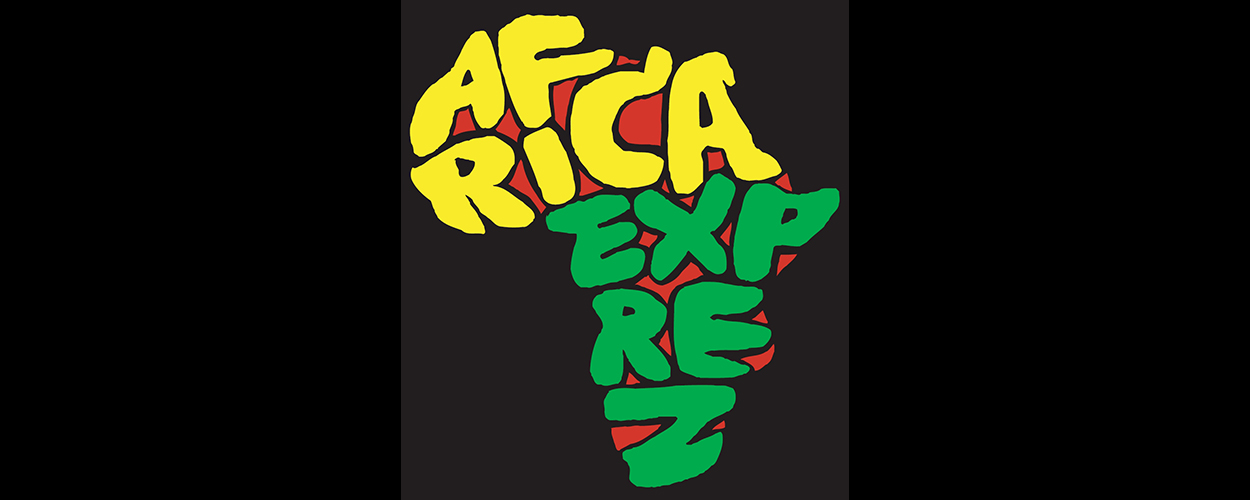This website uses cookies so that we can provide you with the best user experience possible. Cookie information is stored in your browser and performs functions such as recognising you when you return to our website and helping our team to understand which sections of the website you find most interesting and useful.
Artist News Business News Legal
Damon Albarn’s Africa Express responds to accusation of exploiting artists
By Andy Malt | Published on Tuesday 6 February 2018

Damon Albarn’s Africa Express charity has responded to accusations that it is exploiting musicians by not properly compensating then for the sale of recordings on which they appear.
Two UK-based musicians involved in a recent project in South Africa – Petite Noir and Nabihah Iqbal – have shared a contract they received after said project was completed. In it, they are asked to give up all rights in audio, photographs and video recordings made on the trip for a nominal fee of £1. The music made during the project is intended to be compiled into an album.
Sharing a photograph of the document on Facebook on Sunday – the day the project was finished – Petite Noir, real name Yannick Ilunga, said: “21st [century] colonisation is still alive! I am deeply disappointed in this collaboration between Africa Express as it pertains to African artists”.
Going into more detail in a string of tweets yesterday, Iqbal wrote on Twitter: “Last week I participated in Damon Albarn’s Africa Express project in South Africa. I got the chance to collaborate with local artists, making music, and it was so inspiring. The project was also a very eye-opening experience for me and it made me realise how things really work”.
“At the end of the week all the artists, including myself, received this contract”, she continued. “The terms state that in exchange for a nominal £1 fee, Africa Express gets all the rights to all of the music we made, forever. Regarding royalties, they’re saying ‘we’ll pay you if we feel like it’. How is this ‘committed to supporting music in Africa’? I have contacted the organisers of Africa Express stating that I cannot sign this contract until it has been amended so that the terms are more egalitarian”.
The contract states that the payment of £1 grants Africa Express “all necessary consents” to document the project “in connection with the proposed new Africa Express album”.
It also goes on to say that artists should ensure that any material written by them personally is licensed for use on the album “at usual statutory rates”. However, unless all artists involved in the project agree that an individual artist wrote any one piece of material, then royalties will be placed into a collective pot and shared equally between them all.
In a statement on Facebook, Africa Express denied exploiting artists, saying that all money it received from the release of the album would be put back into promoting African artists.
“Africa Express is not run to make a profit”, it said. “As we pay all the travel, accommodation and other costs for Western artists joining us on trips, we ask them to volunteer their time. They can make a contribution to our costs if they are willing. We do not pay them. All our contracts are negotiated, discussed and agreed, not inflicted”.
While the contracts posted online do apply to UK-based Ilunga and Iqbal, the charity added that Africa-based artists involved in the project are not subject to the same agreements.
“The artists in Africa are treated differently, reflecting often different circumstances”, it said. “We do pay them for their time. We ensure that all profits made from recordings – after costs – go to artists and the promotion of African music”.
It concluded: “We have just finished a fantastic week of collaboration which we hope will create another great record, like ‘Maison De Jeunes’, ‘In C Mali’ and ‘The Orchestra Of Syrian Musicians’ before it, that will benefit the performers who joined us – and hopefully attract many more listeners for some wonderful musicians”.
Another artist involved, producer Blue May, defended the contract on Facebook, saying: “We were all aware that Africa Express is a not for profit organisation. It was clear for us all to see that it must have cost a lot of money to organise such an amazing project, to bring us together, house us and feed over 40 of us for a week. It was abundantly clear that those who had organised it had worked exceedingly hard to make it the brilliant experience it was”.
He continued: “I can understand how that contract, when read out of context, looks bad. I can see how easy it is to make it look like the whole Africa Express experience is some elaborate way of exploiting the people who contributed to it. What I cannot see or understand is how anyone who was actually there, who experienced it first hand, could believe that this was the intention of the organisers”.
Africa Express was founded in 2005, three years after the release of Damon Albarn’s ‘Mali Music’ album, which saw him collaborate with various musicians in the country. Since then, it has taken various Western artists to African countries to work on similar collaborations.
The latest trip to South Africa involved Albarn, regular contributor Nick Zinner, Ghetts, Spoek Mathambo and more.





